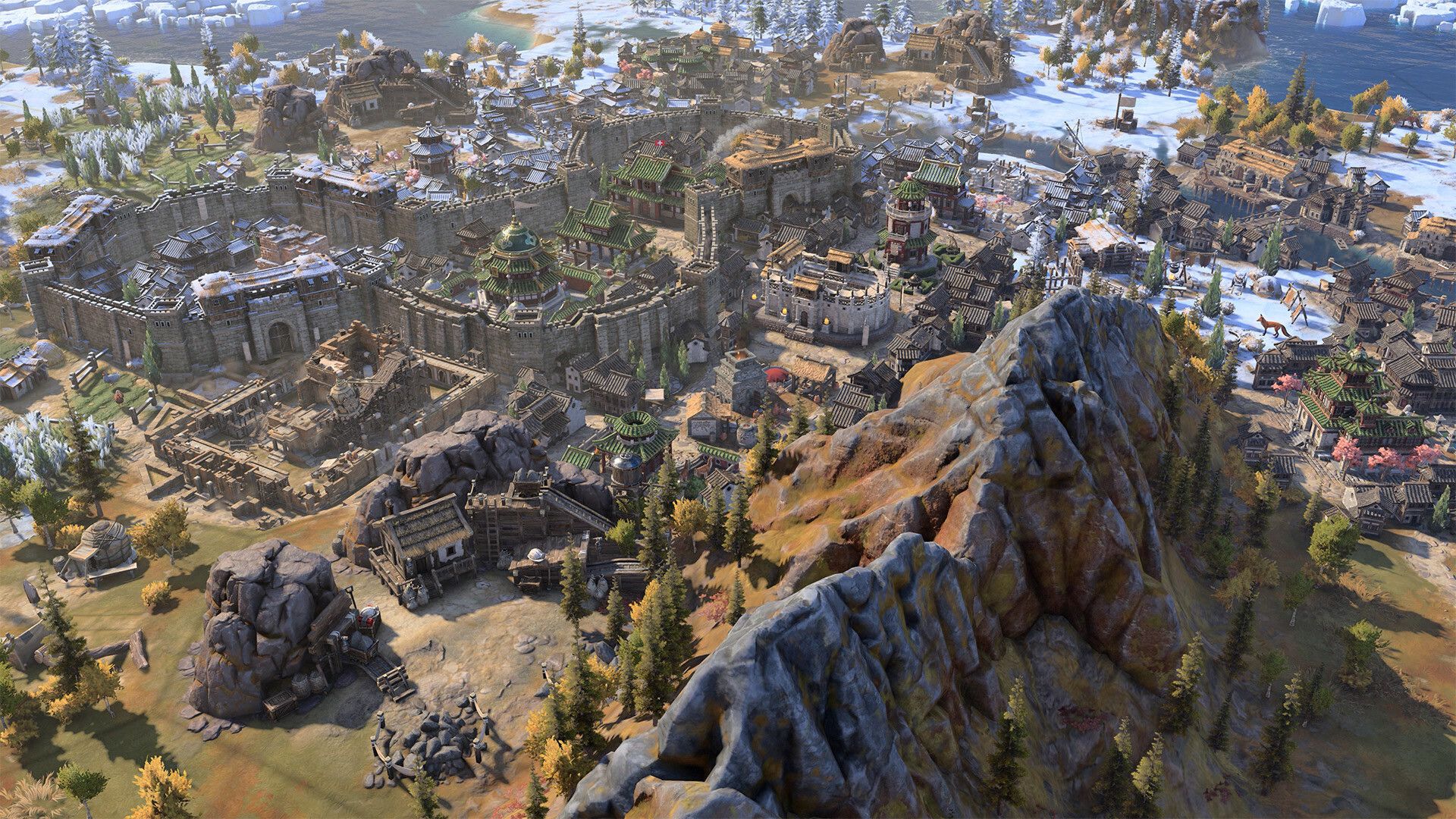Both of these games are considerably similar, as both focus on empire-building with historical progression thrown in.
Civilization 7 is out, and folks are fairly mixed on it.
Here are our thoughts on whether it’s worth the asking price.
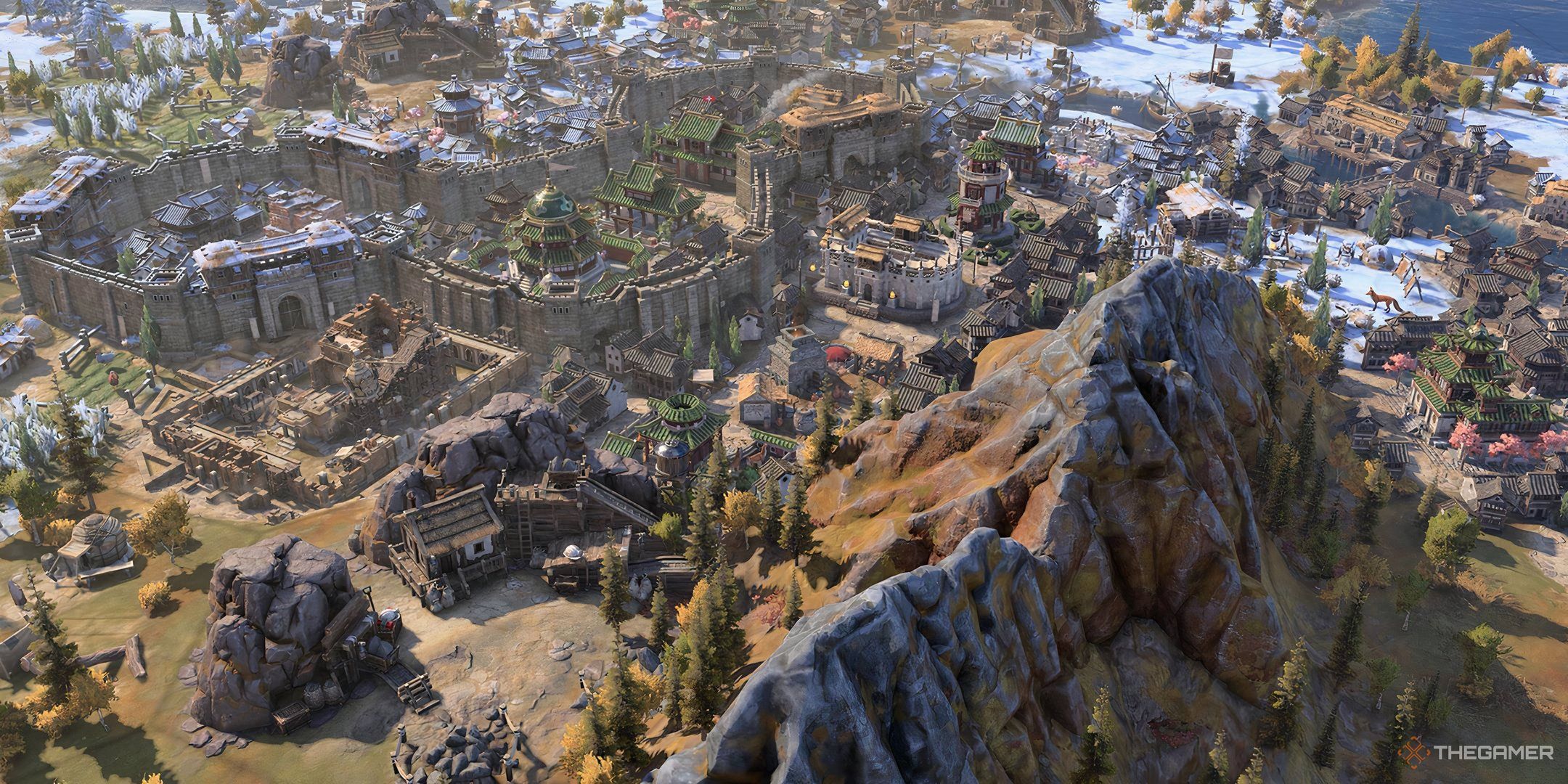
However, there are some large differences between these games, too.
They have different strengths and differing receptions from fans.
Their game mechanics are very different in some aspects.
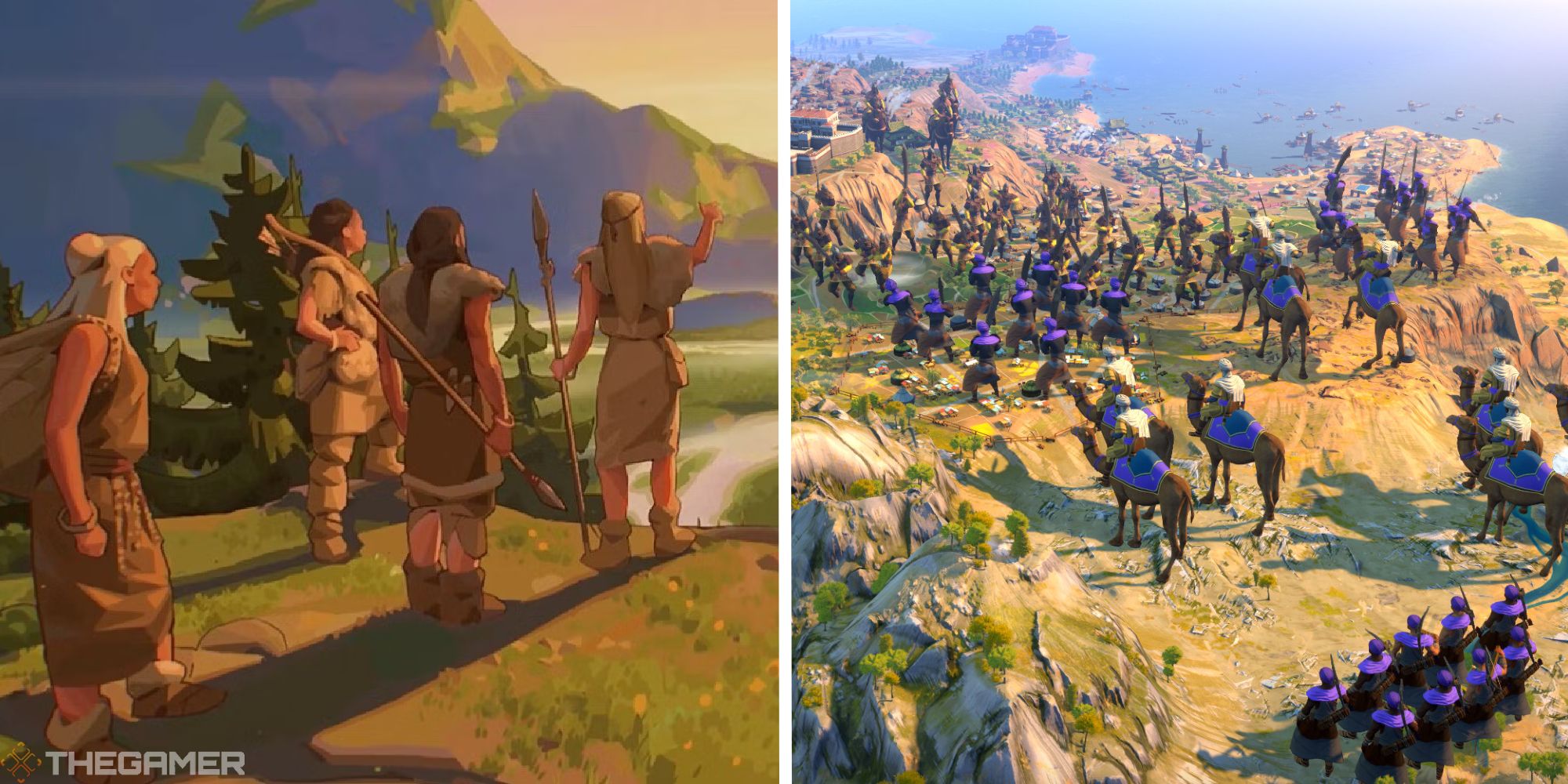
10Historical Progression
Civilization 7
Both games handle historical progression, but they do it differently.
In Civilization 7, gameplay is segmented intothree distinct eras: Antiquity, Exploration, and Modern.
Each era concludes with a crisis, such as rebellion or invasion.
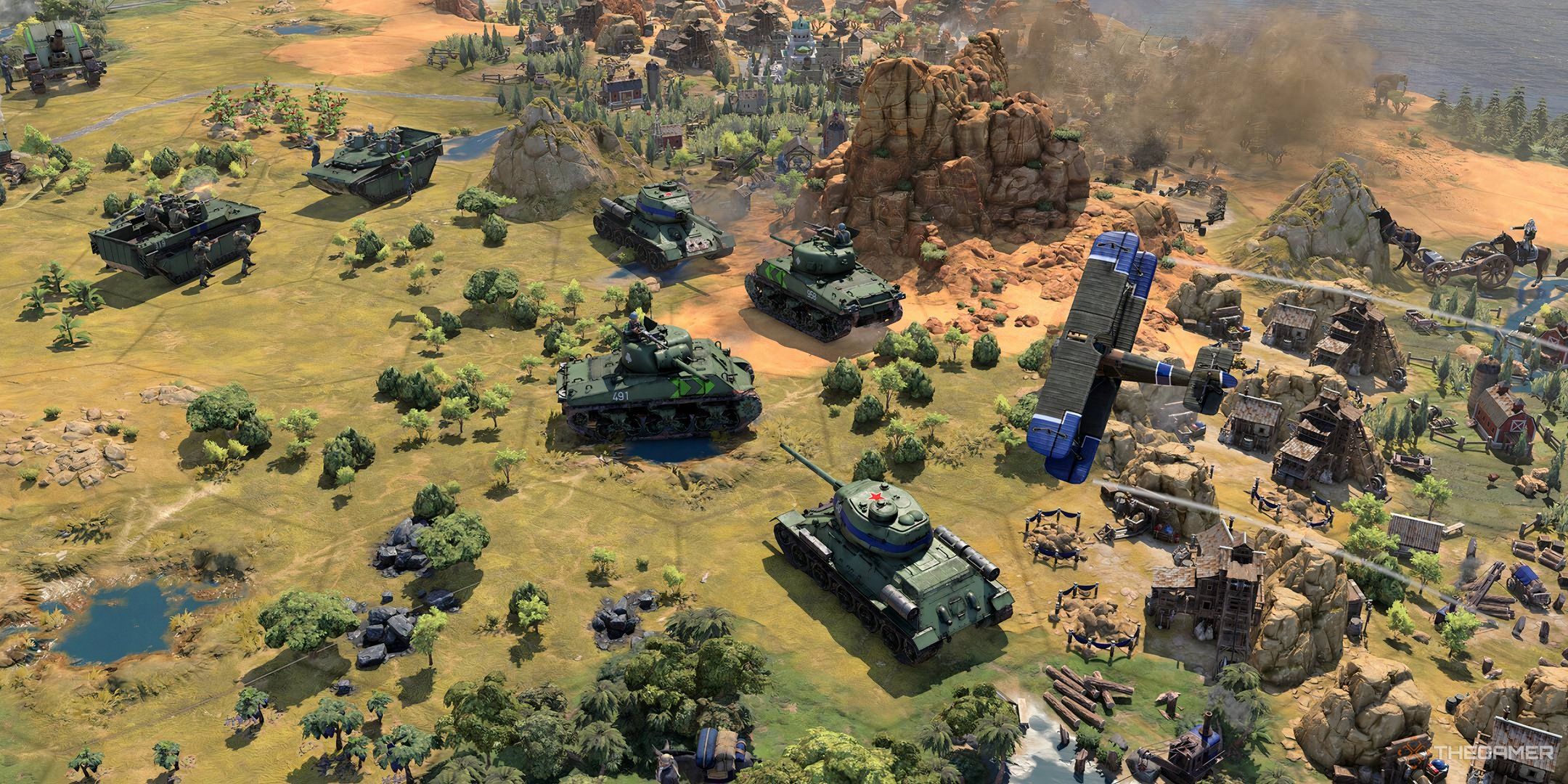
However, some players prefer guiding a single civilization throughout the game
Humankind is a bit different.
It allows for dynamic and customizable civilization-building, while Civilization 7 is more of a dramatic change.
You also stick with the same leader throughout the game.
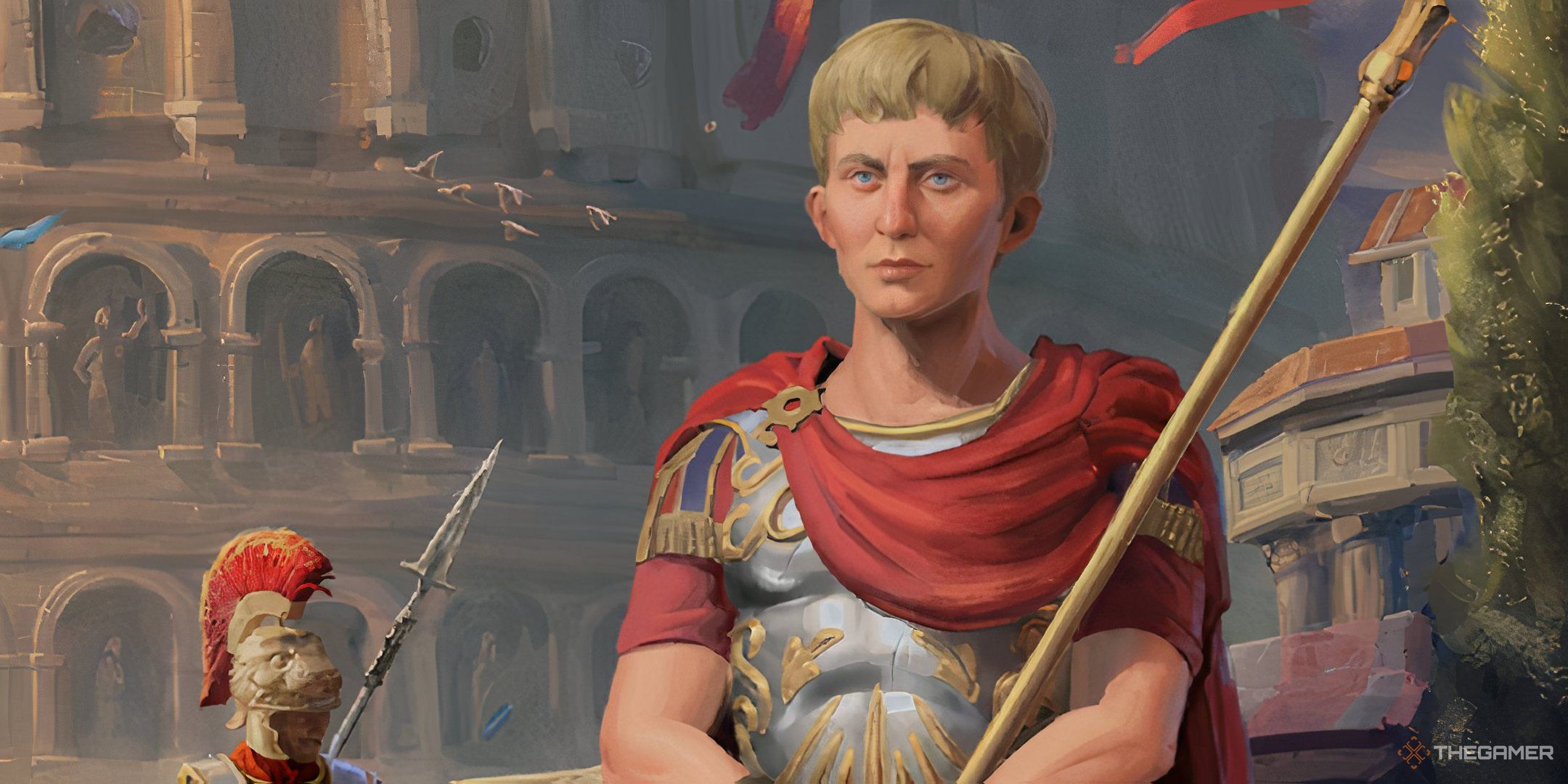
There is also a soft-reset as ages transition, and each era presents very distinct challenges.
Beating your first run of Humankind is only the beginning.
Here’s every way to challenge yourself to something new in Amplitude’s 4x game.
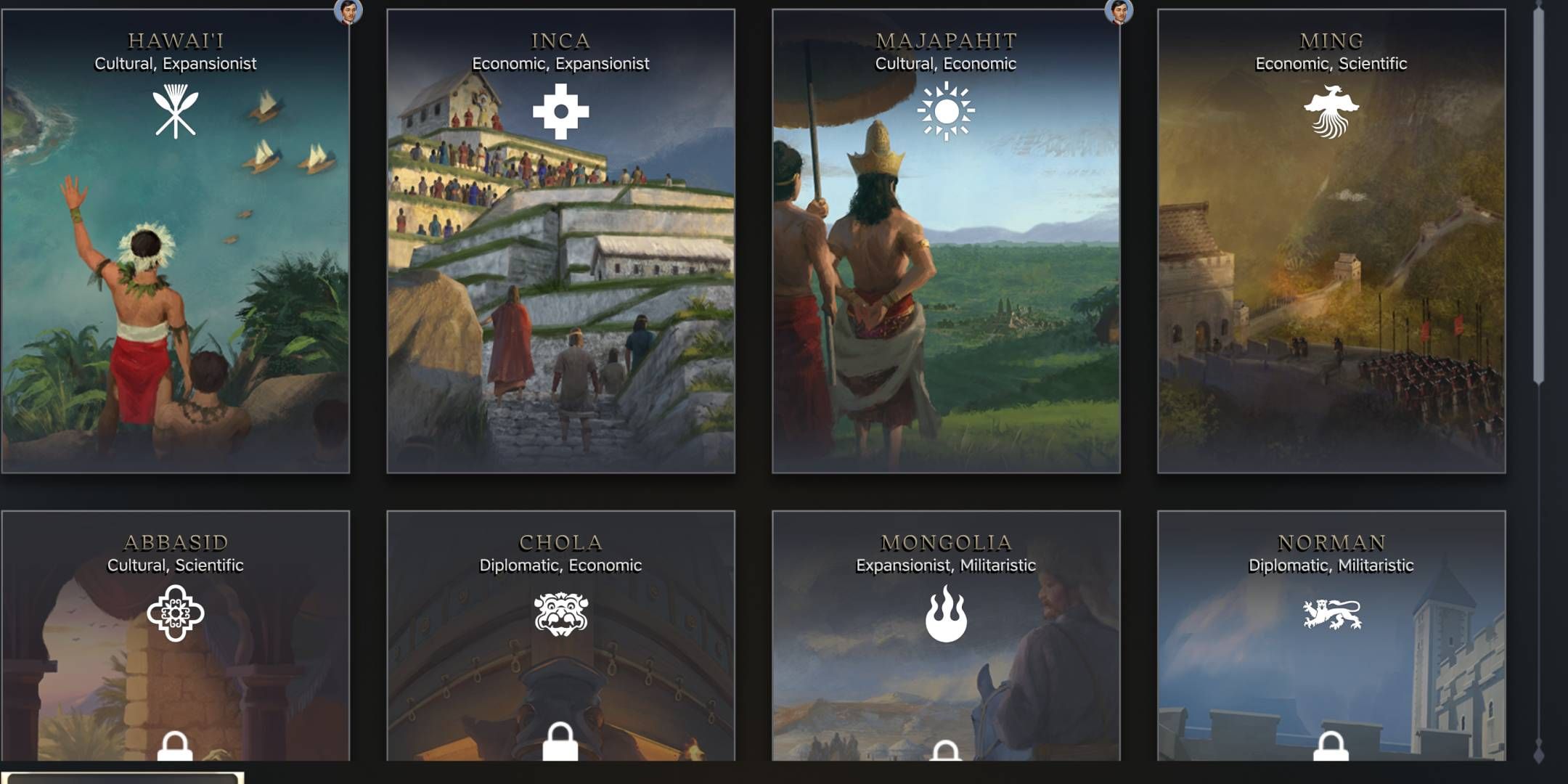
Humankind emphasizes its unique cultural system.
Players can adopt different cultural identities as they progress, which influences the gameplay mechanics.
This system is where most of the strategic depth comes from.
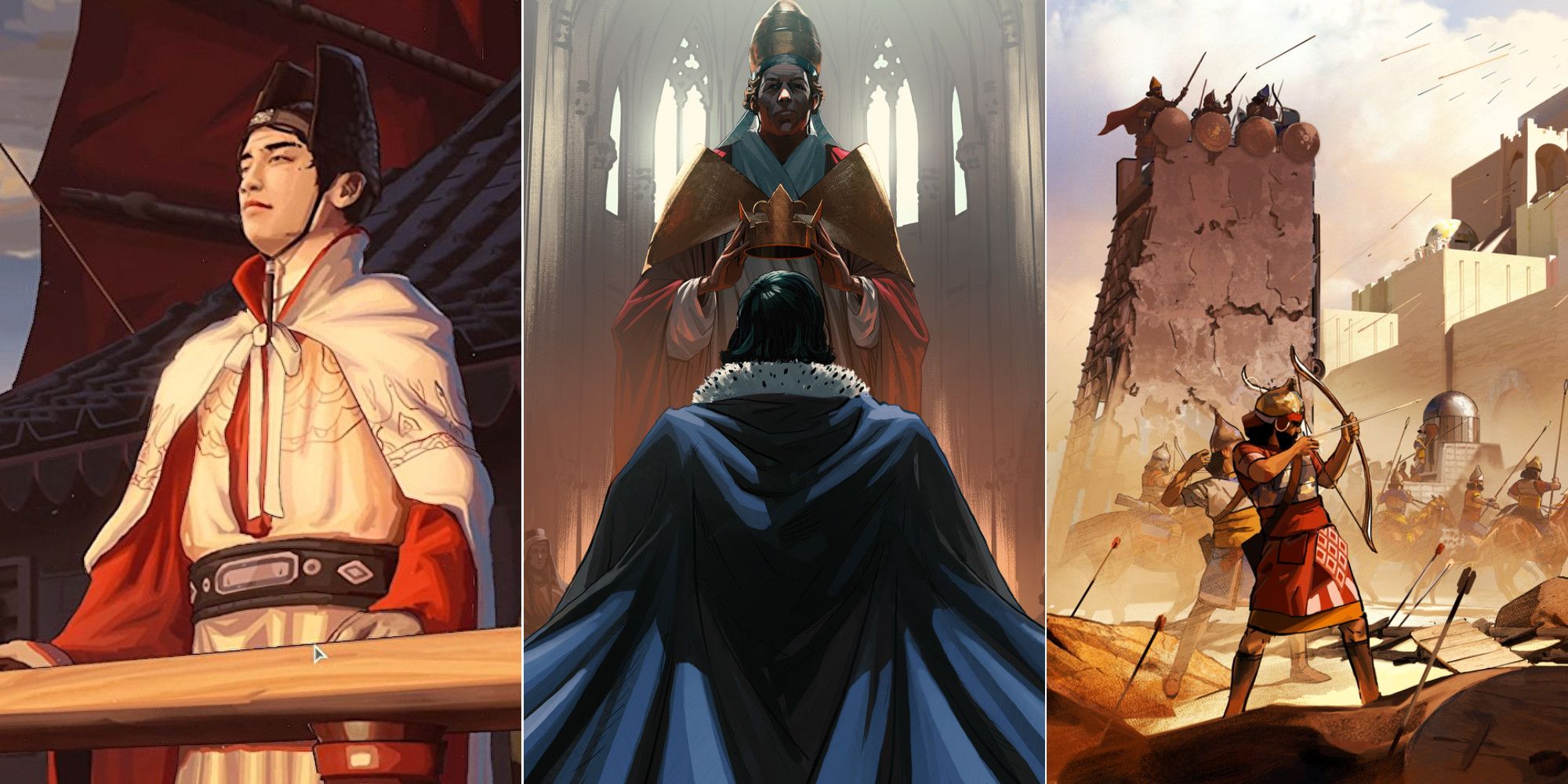
Both games are complex, but they come about in very different ways.
This influence allows you to negotiate with other civilizations.
Anything you want to communicate with another civilization requires influence, so it’s important to use it effectively.
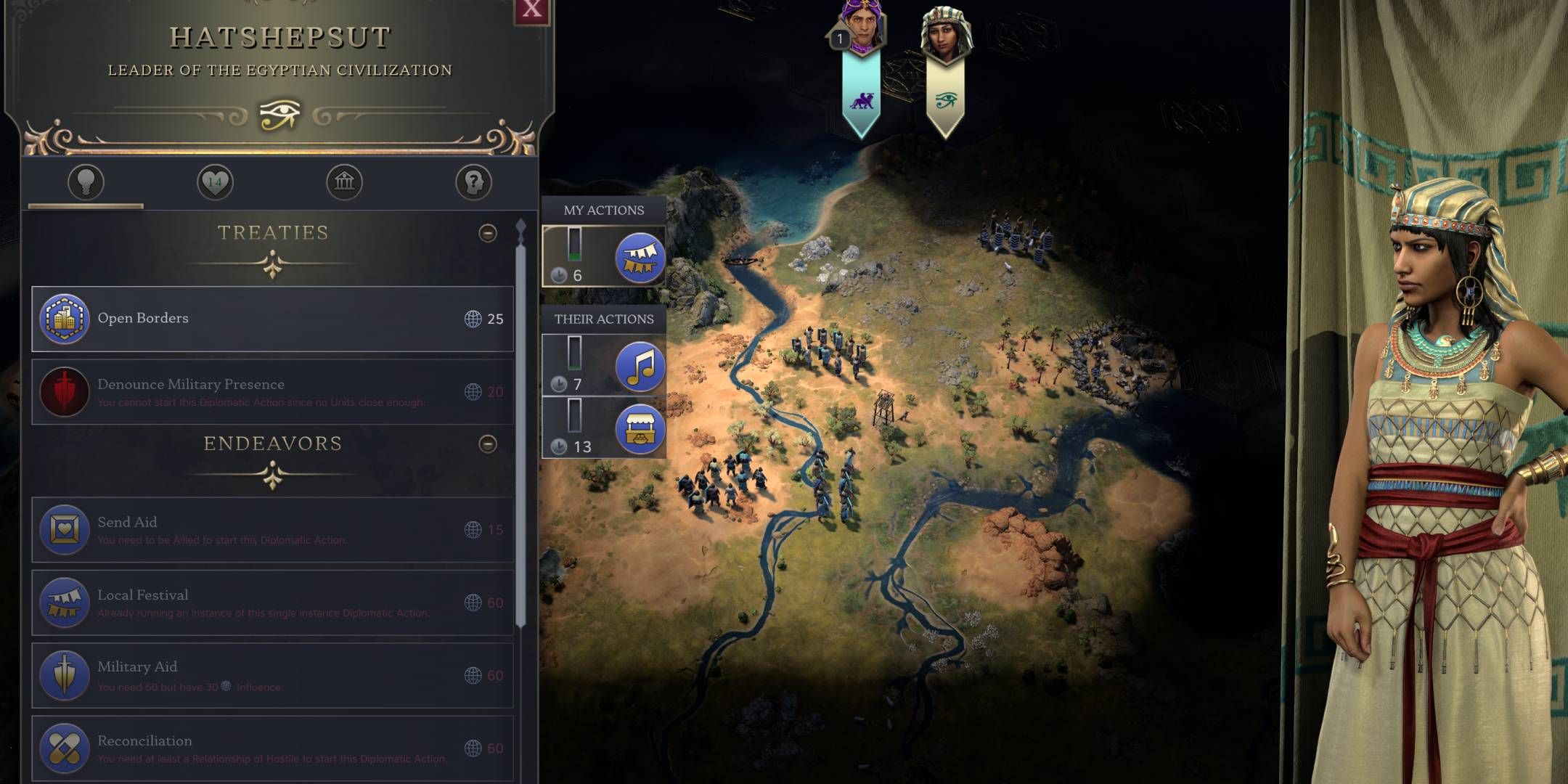
This system adds a layer of depth, as you’ll be forced to use your influence strategically.
Civilization 7 introduces complex mechanics, which can take a minute to learn.
Its features and mechanics may also change in the future since it is such a new game.

7City Management
Civilization 7 introduces a nuanced settlement system, distinguishing between towns and cities.
You initially establish towns, which can evolve into cities as they develop.
This adds a level of complexity to city planning.
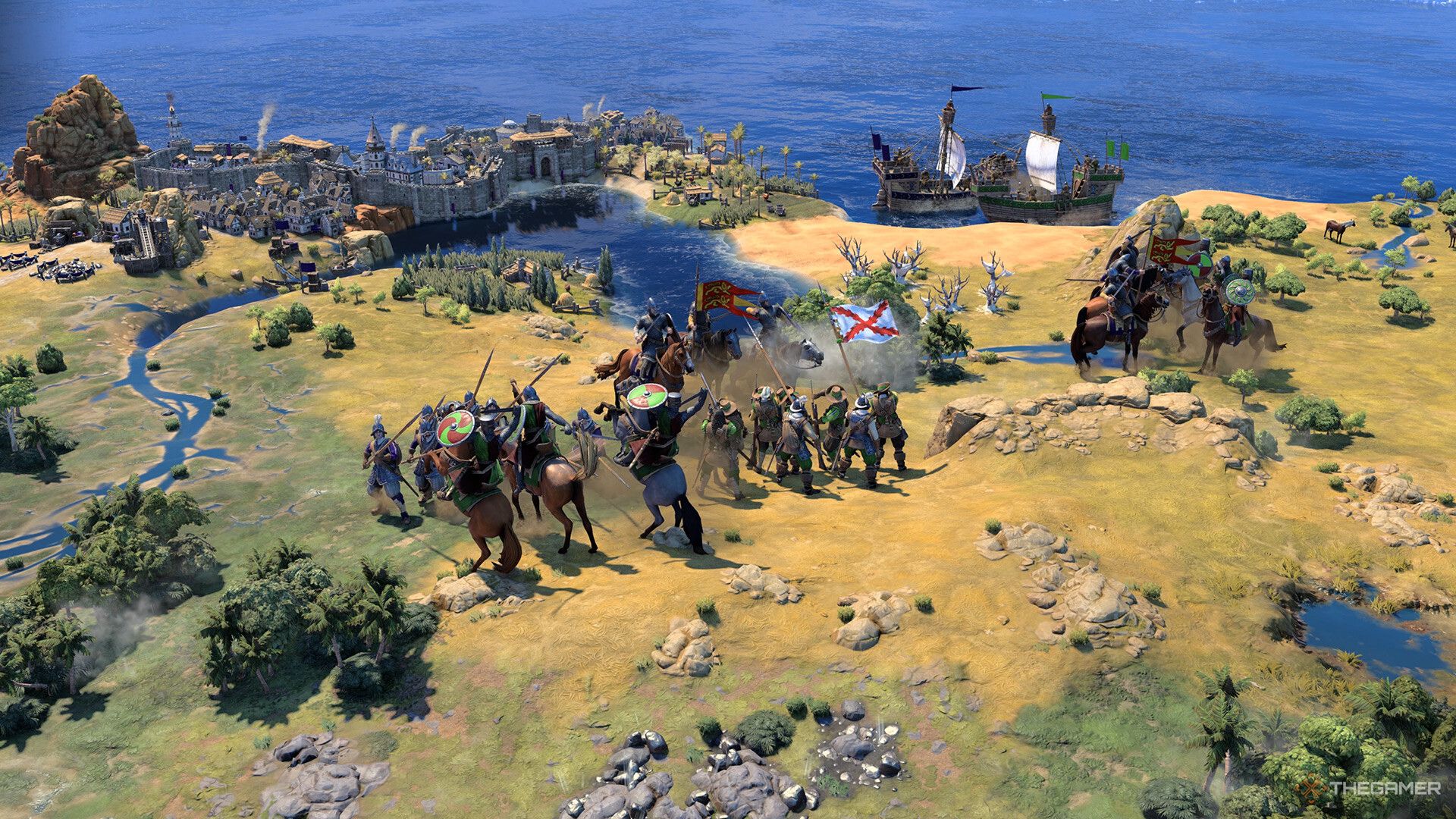
However, city management is less straightforward than in Civilization 7.
6Combat And Military Mechanics
Civilization 7 significantly overhauls its combat mechanics by introducing Commander units.
These leaders can organize and move entire armies and provide special benefits.
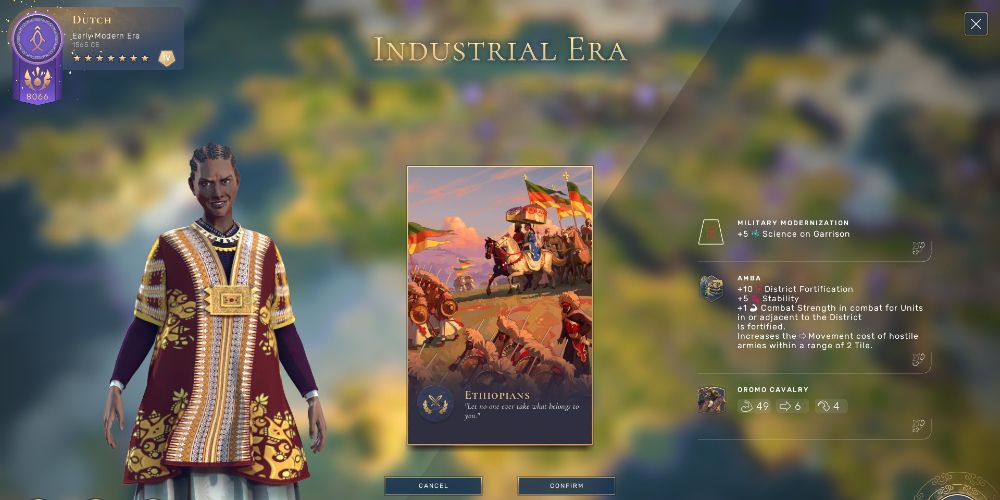
How many hours will it take, on average, to finish a game of Civilization VII?
Here are our findings based on every game length setting.
Humankind emphasizes tactical battles, providing you with more control of your units in-game.
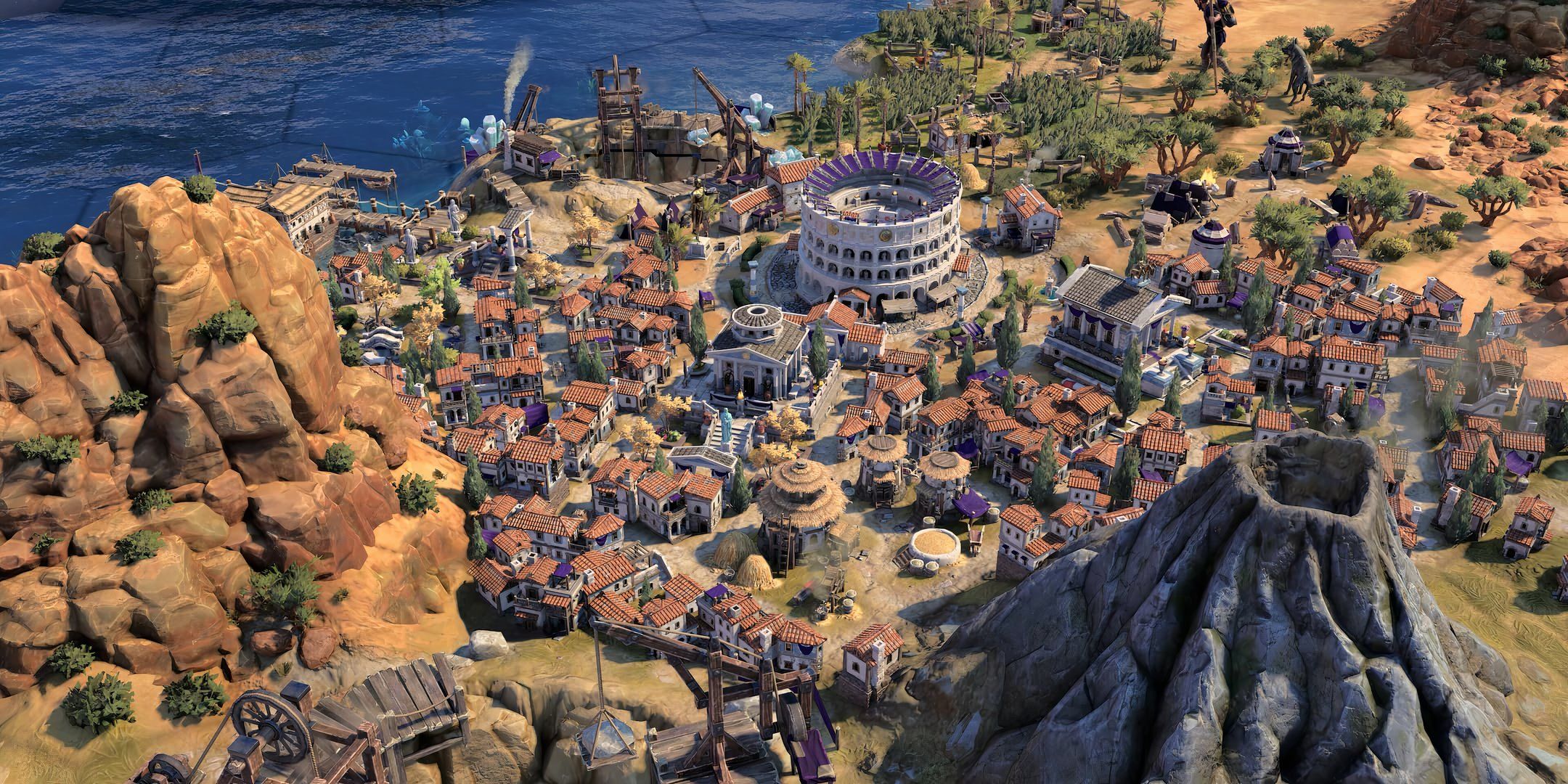
Tactics are much less emphasized in Civilization 7.
Humankind’s more hands-on approach is loved by many fans, but it can also be time-consuming.
It’s a better option for those wanting a more in-depth approach or a larger emphasis on combat.

you could easily adapt your strategy between ages.
Civilization 7 also has a clear science and civics tree.
This is meant to allow for a customizable experience.
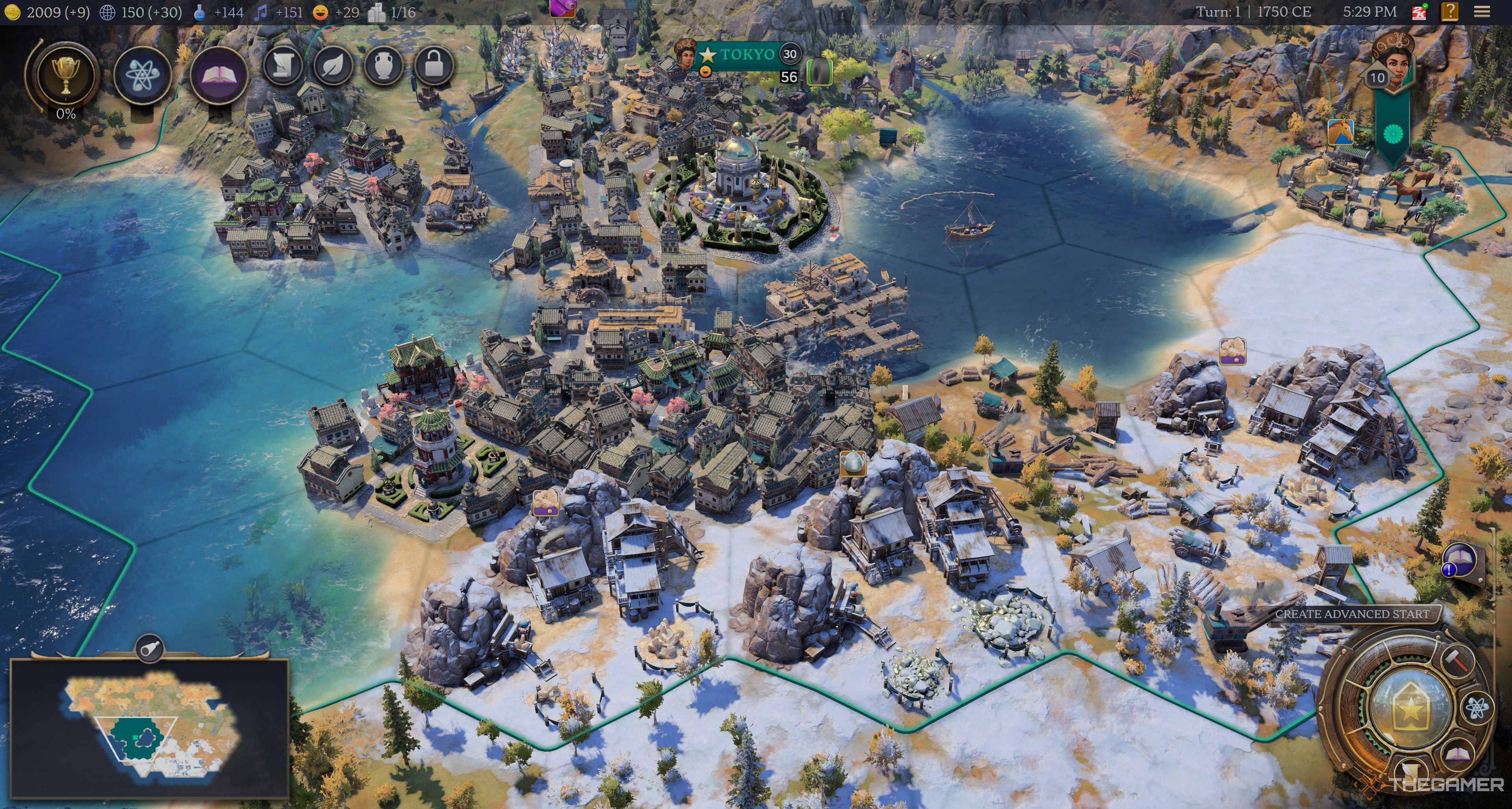
4Visuals
Humankind is often praised for its detailed visuals and beautiful animations.
Some players have complained that the intricate design makes it hard to see the terrain pop in, though.
Civilization 7 has more dynamic cities that change based on culture and more realistic look.

There are already some mods out to correct some of the more challenging UI screens.
Still, Civilization 7’s overall visuals are better.
Currently, there are very few mods available because the game is so new.
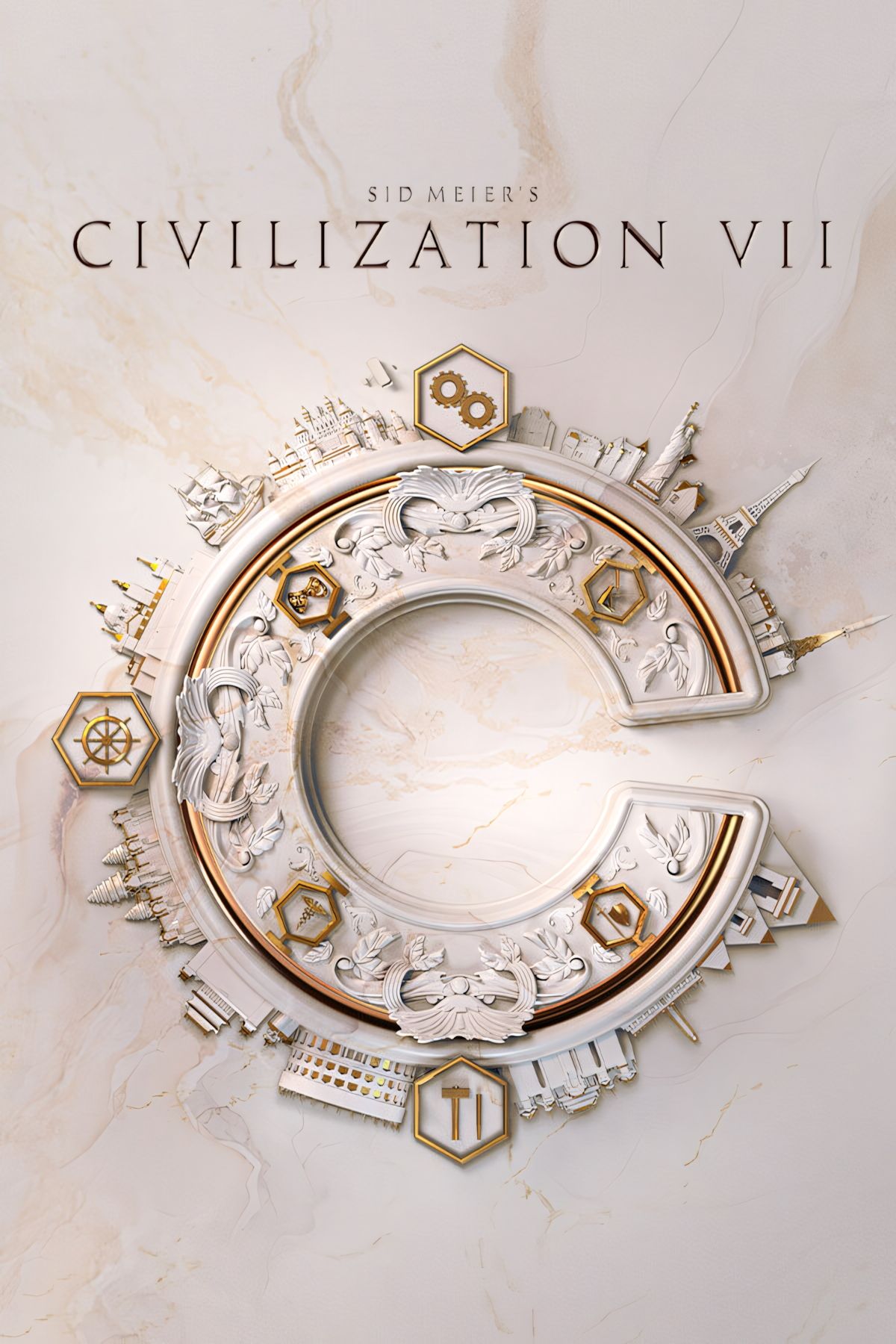
Humankind has plenty of mods available, as it is an older game.
These mods do everything from adding content to readjusting visuals in the game.
There are several mods that are extremely popular, like the cultures superpack.
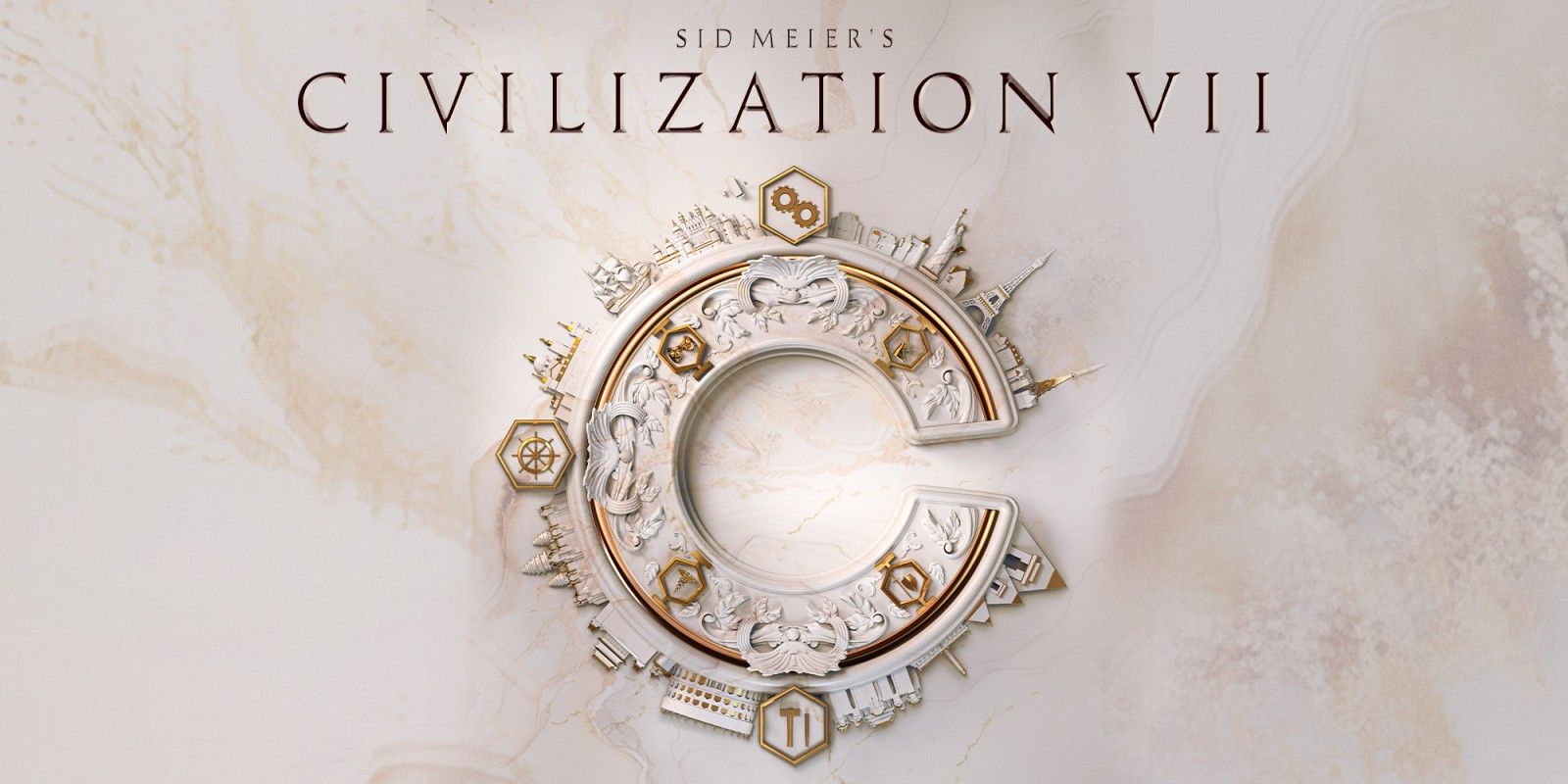
If you want more diverse mods, Humankind is the way to go at the moment.
2Replayablity
Replayability is a huge consideration when it comes to 4X games.
Civilization 7 has tried to make players more likely to finish games by dividing each game into three ages.
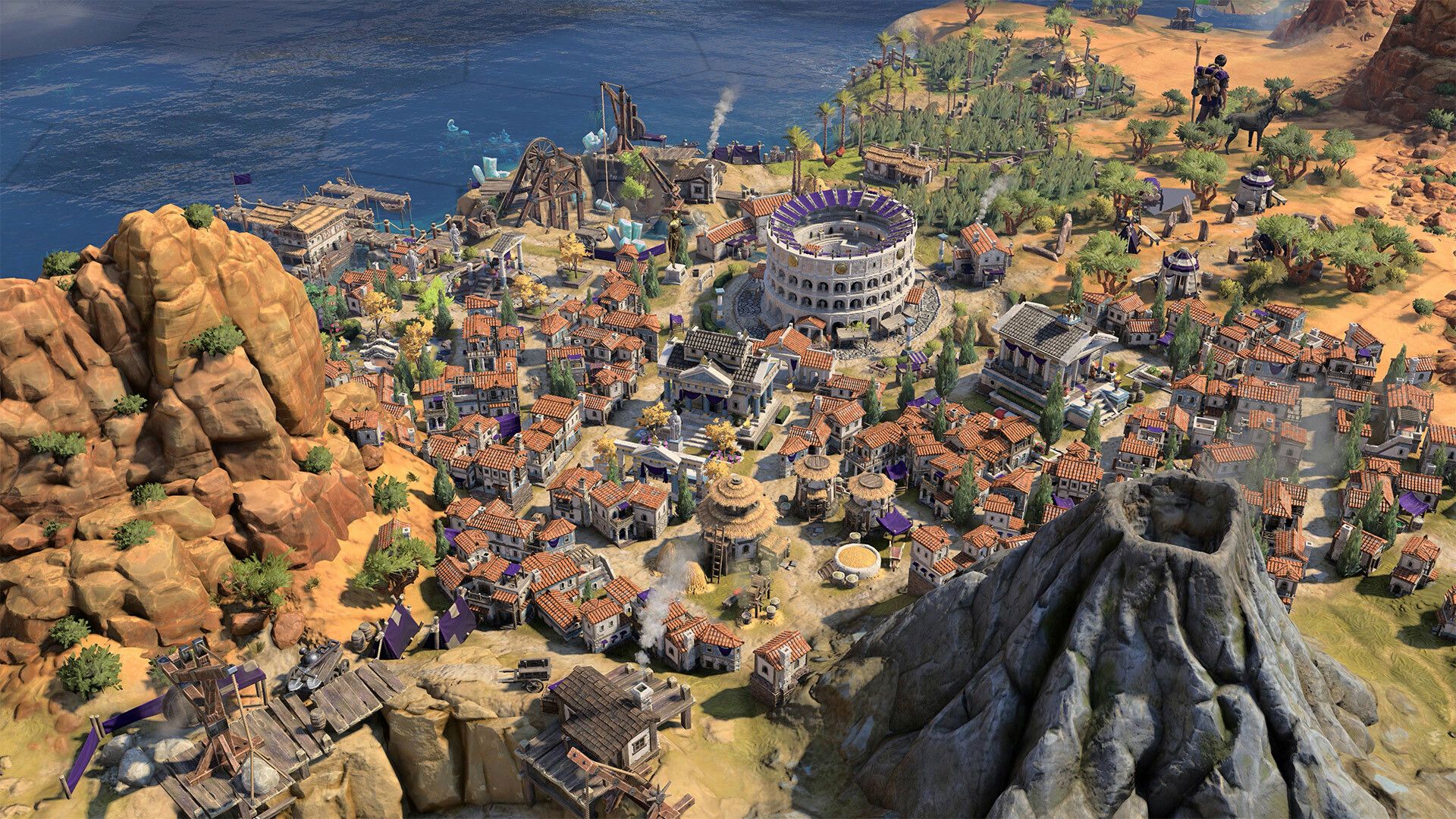
This feature varies gameplay and prevents overcomplexity that often stagnates late-game strategy games.
The ability to mix civilizations and leaders also adds more replayability.
However, there are very few civilizations and leaders to pick from currently, which does hurt replayability.
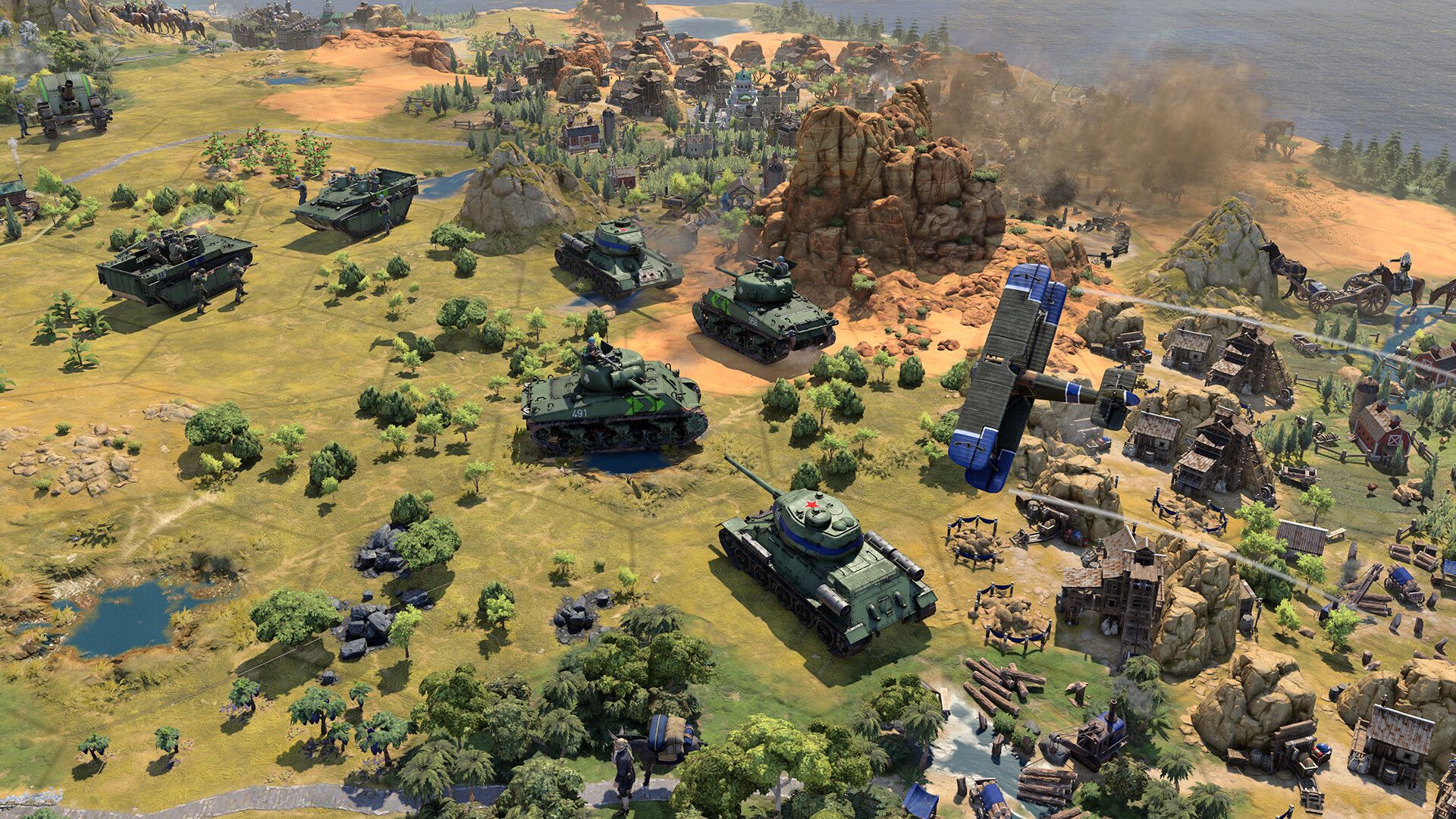
Humankind allows players to adopt new cultures at the start of each era.
Many reviewers do not like the progression of Humankind, though, stating that it feels disjointed and clumsy.
It took the best features from previous Civilization games and fixed some of the biggest defects.
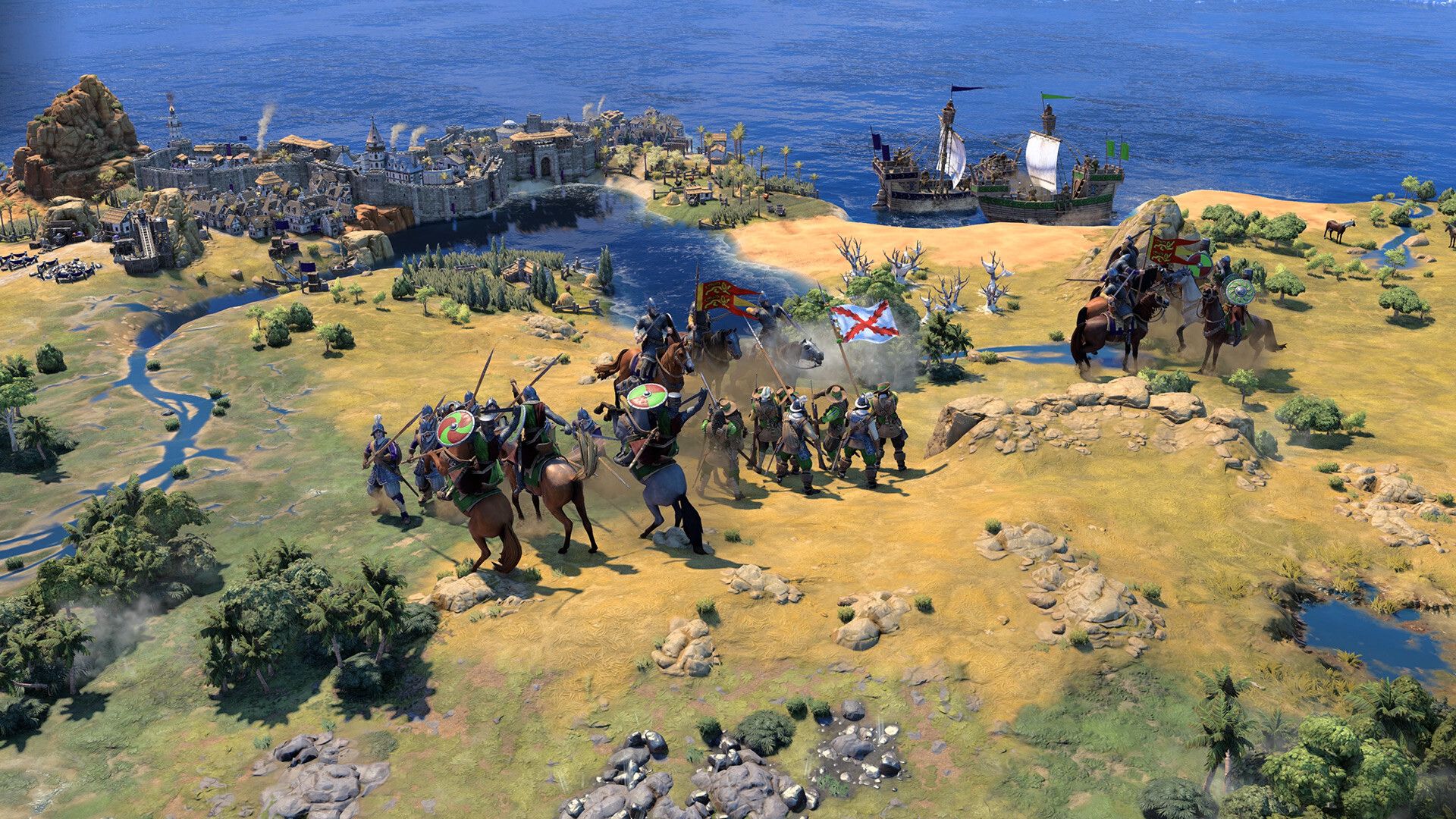
Its innovative mechanics set it apart from many of its competitors, like Humankind.
Humankind did introduce many fresh ideas and has a vibrant modding community.
However, it lacks the polished execution and stunning visuals of Civilization 7.
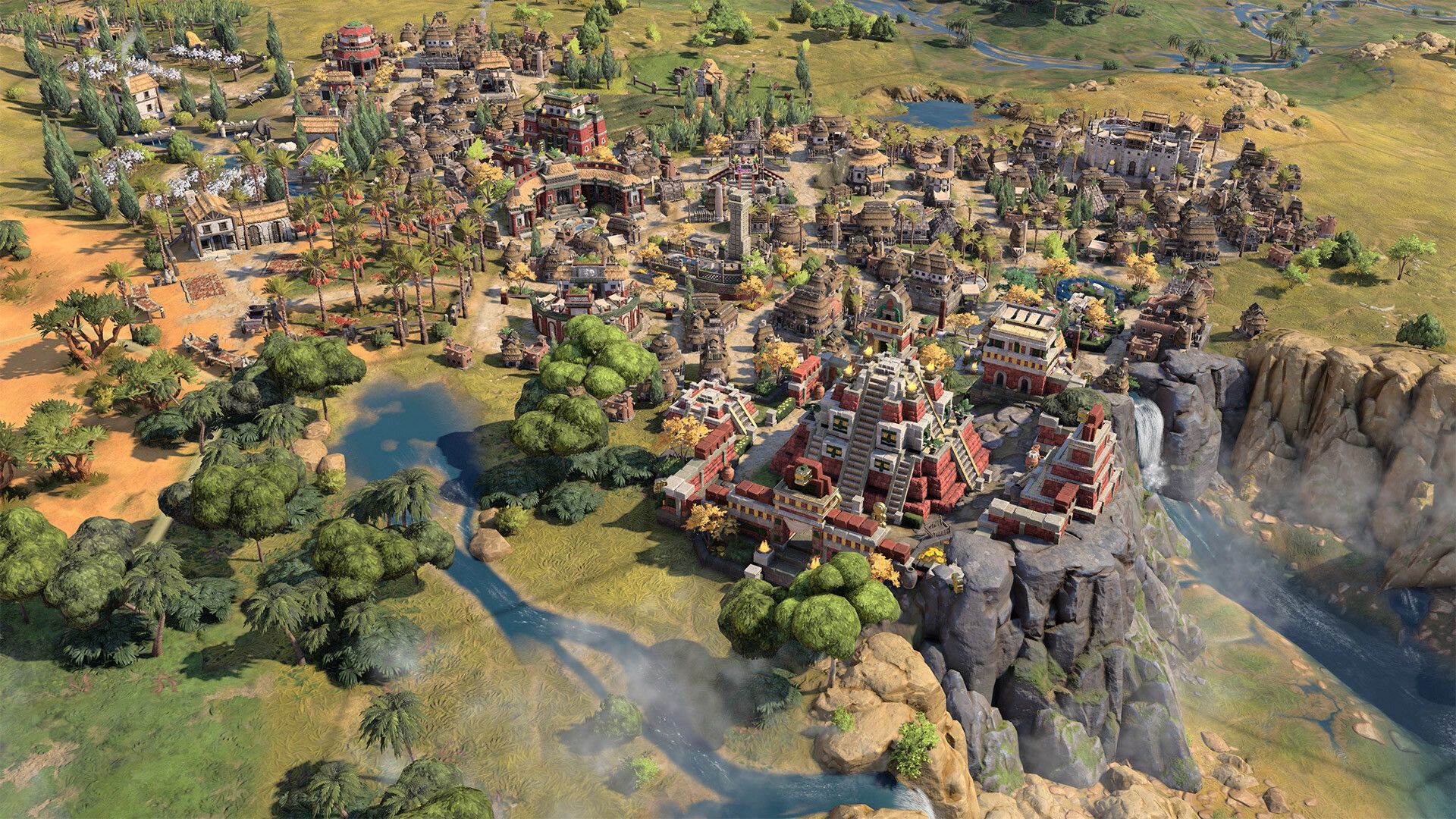
Your Rating
Your comment has not been saved
